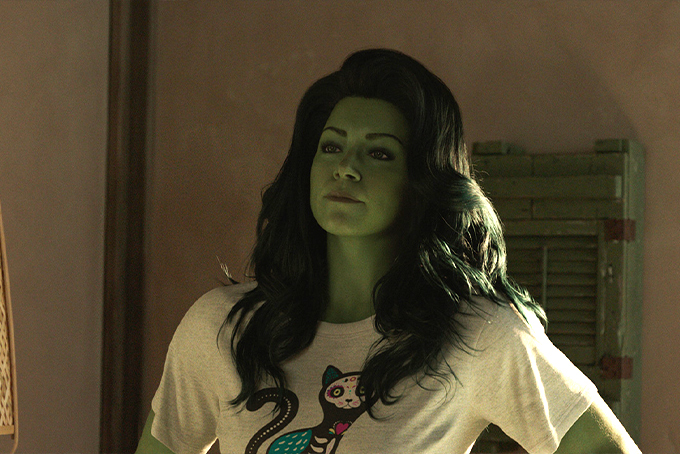As the prequel series to one of the world’s most beloved film trilogies, it comes as no surprise that the release of The Lord of The Rings: The Rings of Power was highly anticipated and much talked about. What did come as a rude shock, however, was the torrent of negative reviews that followed the first episode—so much so that Amazon implemented a three-day delay on user reviews to weed out internet trolls.
Even now, as the average critic rating for the show sits at 82 percent on Rotten Tomatoes, audience ratings plunge to a low 38 percent. On IMDb, nearly a fifth of users have given the series one out of ten stars. Certainly not what we’d expect given the success of the original Lord of the Rings films.
The reason for the backlash? Purported unfaithfulness to the original material. More notably, an argument regarding the casting of several actors of colour has been long drawn-out. According to what some disgruntled social media users have to say, elves, dwarves and hobbits were only described as white in Tolkien’s original texts, and the show’s diverse casting was therefore disrespectful to the source material. Disconcerting as it is, Rings of Power is not the first—and certainly will not be the last—show to fall victim to this phenomenon known as ‘review bombing’.

Review bombing, in short, happens when a group of like-minded users swarm a piece of media with negative reviews in order to actively harm its sales or popularity. When it comes to film and television, the act often stems from a place of bigotry, driven by ideological disagreement as opposed to objective criticism. No matter what the show is—or how good it might be—the problems seem to remain the same: that it’s feminist, queer or racially diverse.
We’ve seen this happen before. First, during the 2016 reboot of Ghostbusters, which received massive backlash after announcing an all-female cast—a departure from the franchise’s previous male-led projects. Negative reviews flooded online platforms before the film was even released, despite the fact that there was no way the public could have seen the movie yet. The reboot also had the most disliked film trailer on YouTube, amassing over a million thumbs-downs within a few months.
The same thing happened, again, when Captain Marvel was announced. Being the first female-led film in the Marvel Cinematic Universe (MCU), it faced coordinated attacks to drag its ratings down before release. Some review-bombers also took offence to leading actress Brie Larson’s socio-political views as she vocally championed causes like gender equality and advocated for sexual assault survivors. More recently, She-Hulk faced similar treatment, receiving an average audience rating of 35 percent on Rotten Tomatoes, drastically lower than the 87 percent that critics assigned it.
On and on the list goes.

It’s easy to dismiss review bombing as something insignificant. After all, every piece of media is going to have its fair share of critics, and the online space is perpetually abound with negativity. However, when harmful reviews of this scale start affecting a show’s reputation or sales, more serious damage could follow. Already there have been professional critics who have placed the blame on filmmakers for trying to force a ‘woke’ agenda—a view that could turn back the amount of progress we’ve made in terms of representation in recent years.
Diverse representation is valuable and long overdue, and should not be disregarded as a gimmick. Positive portrayals of minority groups on screen can affect not only the way others view them, but also the way they perceive themselves. Authentic representation has the power to tear down barriers, uplift communities and inspire change.
That’s not to say that inclusive pieces of media cannot be criticised. The problem arises when the objection is rooted in the fact that these works have made the effort to include better representation. A film with a female protagonist can be bad, but it’s not bad because its protagonist is female.

In an effort to curb review bombing, platforms like Rotten Tomatoes and IMDb no longer allow users to rate a piece of media before its official release, and pop culture publications have condemned the act. Still, as it grows increasingly common, the phenomenon is not something that we viewers should passively look upon. If there’s anything that review bombing proves, it’s that we have the power to influence what appears onscreen with our voices. For the films and shows that have striven to be inclusive, we should make our appreciation known.
It has taken us a long time to get to where we are today in terms of representation in the media. We still have a long way to go, and we cannot afford to take steps back now.





